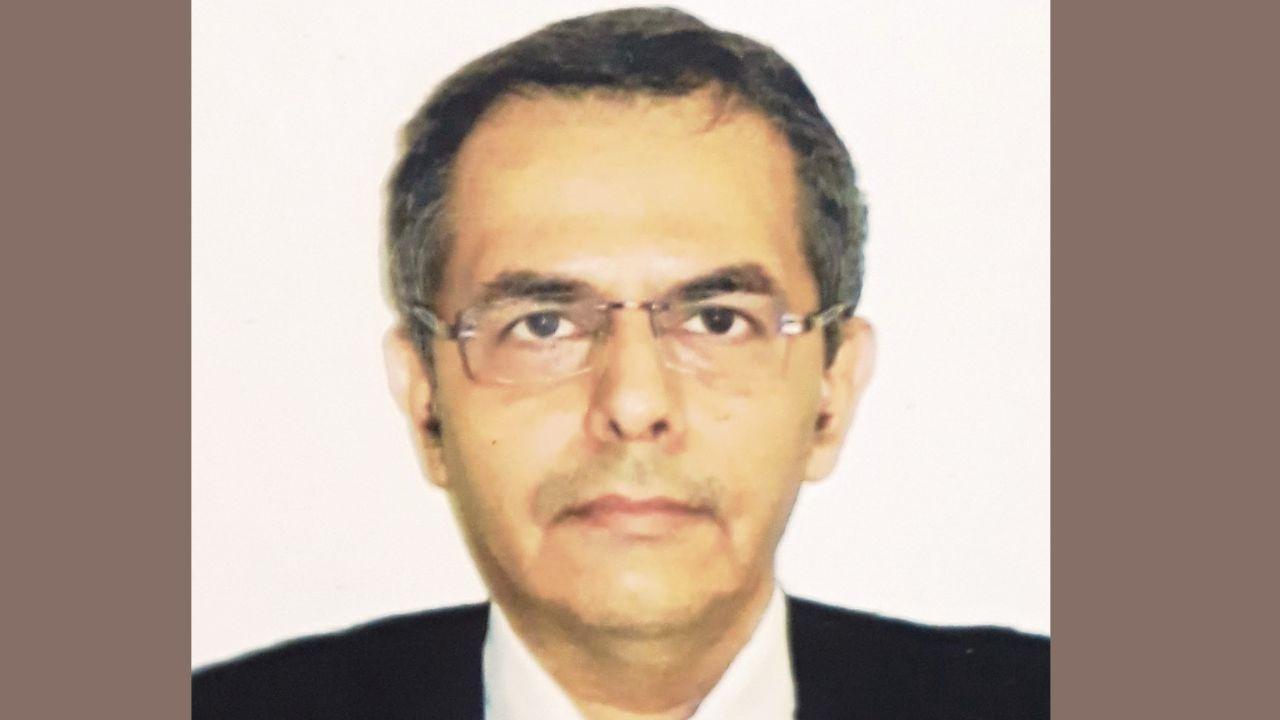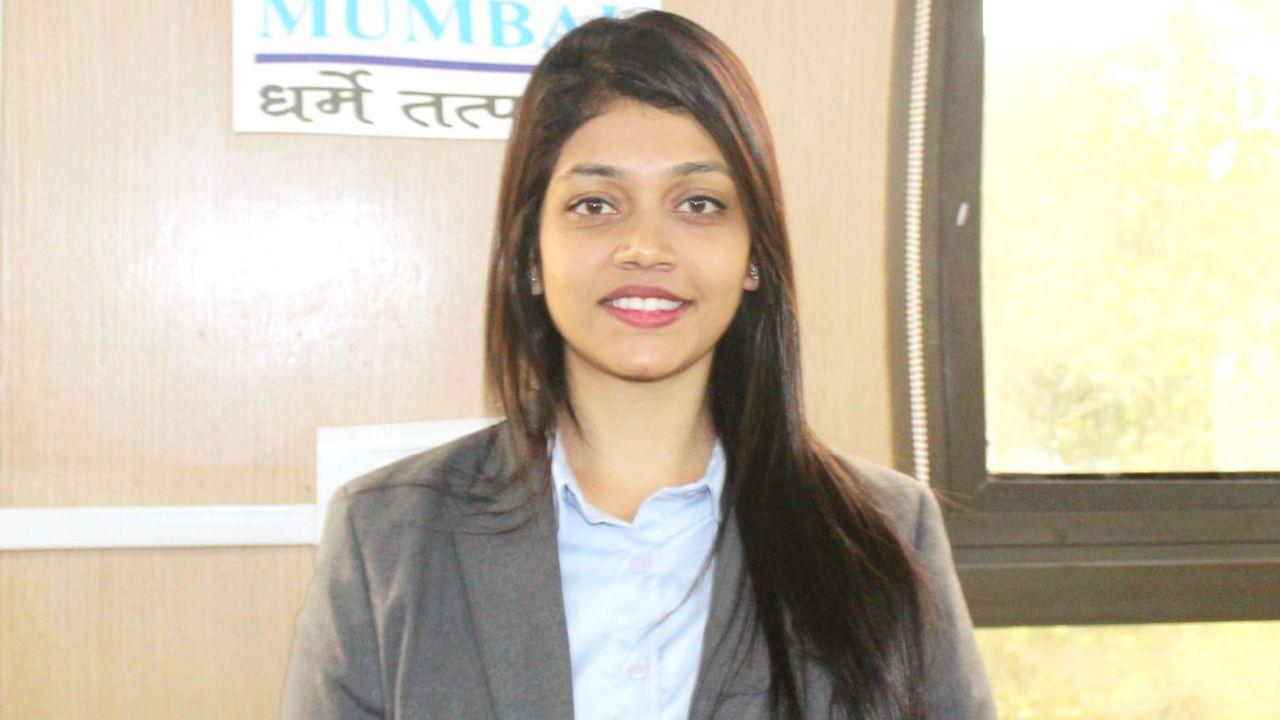With three new laws coming into force from July 1, there will be two parallel criminal laws in force

The new criminal law will replace the old colonial criminal laws—Indian Penal Code-1860, Code of Criminal Procedure 1973 and Indian Evidence Act 1872. Representation Pic
From today, July 1, three new criminal laws—Bharatiya Nyaya Sanhita, Bharatiya Nagarik Surakasha Sanhita and Bharatiya Sakshya Adhiniyam 2023—will come into force across the country, thereby making India, probably, one of the few countries in the world to have two parallel criminal laws. The new criminal law will replace the old colonial criminal laws—Indian Penal Code-1860, Code of Criminal Procedure 1973 and Indian Evidence Act 1872.
However, the pendency of court cases (as per old acts) has crossed over 4.50 crore across India, which includes over 53 lakh pending cases at various stages in district and taluka courts of Maharashtra, as per the National Judiciary Grid Data. This humungous pendency has made the practising advocates concerned about the overburdening of the existing court infrastructure system, especially in rural parts. The lawyers felt infrastructure needed to be built simultaneously for speedy delivery of justice.
Judicial infra inadequate
Mubin Solkar, a criminal lawyer, said, ‘Although new laws, if enacted for the betterment of society, should be welcomed by all, including the legal fraternity, unfortunately, these three laws are being seen as instruments of a police state. Certain provisions of these laws can undoubtedly result in misuse of power and authority by law enforcement agencies, and this is indeed alarming. The legal fraternity is also apprehensive with regard to the interpretation and implementation of these provisions.”
 Adv Mubin Solkar is a criminal lawyer/ Sourced Photo
Adv Mubin Solkar is a criminal lawyer/ Sourced Photo
“Besides the fact that these enactments would create two parallel systems of justice dispensation, the unimaginable burden that it would put upon the Indian judiciary and the legal fraternity, is worrisome. Our judicial infrastructure is far from adequate, whether in terms of courtrooms, court staff, public prosecutors, basic amenities for litigants and lawyers, digital infrastructure, technological support mechanism. etc.,” said Solkar.
Increase in pendency of cases
“The new laws will cause an unprecedented burden on both the judges and lawyers who would be grappling with issues relating to a harmonious application of these laws to old and new cases and the proper adjudication and enforcement of its provisions. This is bound to cause a huge delay in disposal of. The condition of our courts, more particularly in the rural areas, is pathetic. The infrastructure in our district courts is deficient and the technological support structure for online court hearings is totally lacking,” said Solkar.
Power cuts and lack of technology
The new laws provide for criminal trials via videography, but where is the technology and digital infrastructure to conduct such trials? We mustn’t forget that there are places in rural areas which face power cuts on a regular basis. Will this not result in an inordinate delay in trials and a substantive increase in the backlog of cases all over India? And will not the accused suffer irreparably for being made to remain behind bars for so much more time, thus violating his fundamental right to a speedy trial under Article 21 of the constitution?” questioned Solkar.
 Advocate Jamshed Mistry practices in the Bombay High Court
Advocate Jamshed Mistry practices in the Bombay High Court
Way out
“There is a lot to be done for the Indian judiciary in terms of improving the infrastructure, providing cutting-edge technology, appointing adequate court staff and making available basic amenities for litigants and lawyers. Only thereafter would it make sense to bring in the new laws, and that too after taking into confidence all the stakeholders, and more particularly incorporating their valuable inputs. Failure to take into account the disastrous consequences the new laws would have on the backlog of cases would result in delaying and denying justice,” said Solkar.
Introduce transcripts in courts
Advocate Jamshed Mistry, who practices in the Bombay High Court, also felt that court infrastructures needed to be upgraded. He said, “Along with the enhancement of court infrastructures, which is absolutely necessary and need of the hour, it would be prudent to introduce legal transcripts in trial courts, as practised in courts globally. This would not only save time but also bring in transparency in the judicial system, across all the courts.”
Practical challenges
Mohini Priya, advocate on record, Supreme Court said, “The subordinate judiciary in India is likely to face several practical problems when implementing the new criminal laws set to be enforced from July 1. These include inadequate infrastructure, such as modern technology, and staff, which are crucial for effective law implementation. Judges and court staff may not receive timely and comprehensive training, leading to misinterpretation and inconsistent application of the new laws.” “Integrating new legal provisions with existing norms requires significant adjustments, and gaps in coordination with law enforcement can hinder enforcement. Additionally, limited public awareness and understanding of the new laws can complicate compliance, necessitating extensive outreach and education efforts,” said advocate Mohini.
 Mohini Priya, advocate on record, Supreme Court/ Sourced Photo
Mohini Priya, advocate on record, Supreme Court/ Sourced Photo
Existing backlog can delay process
“The existing backlog of cases can delay the process further, as courts are already overwhelmed. Limited financial and logistical resources can impede adaptation to new legal frameworks, while ensuring uniform application across diverse regions poses significant challenges. Integrating new legal provisions with existing norms requires significant adjustments, and gaps in coordination with law enforcement can hinder enforcement. Additionally, limited public awareness and understanding of the new laws can complicate compliance, necessitating extensive outreach and education efforts. These challenges underscore the need for comprehensive planning, adequate resources, and effective training programs to ensure successful implementation,” said advocate Mohini Priya.
Change is inevitable
Dr Tanaya Kamlakar, assistant professor and Director, Centre for Research in Criminal Justice, Maharashtra National Law University (MNLU), Mumbai, said, “Change is inevitable and introduction of new criminal laws—BNS, BNSS and BSA—from July 1 is India’s way of reforming the criminal justice system from the over century old colonial practice which has to be updated. We have to begin from somewhere and I personally feel that the new criminal law will ensure that digitisation and usage of technology will enhance the investigation process, thereby bringing in much-required transparency and accountability, on the investigating officer and the police/agency, which will hereafter be done in a time bound manner, and the digital records, will be in the system for verification.”
 Dr Tanaya Kamlakar, assistant professor and Director, Centre for Research in Criminal Justice, MNLU
Dr Tanaya Kamlakar, assistant professor and Director, Centre for Research in Criminal Justice, MNLU
SOPs circulated
“While the new law will have its challenges, especially in the rural and district courts, but this according to me, will be a short-term hindrance. In long run the scenario will change for good. The Ministry of Home Affairs, has already chalked out and circulated standard operating procedures (SOP) on technicalities and training for police and other agencies, which will be conducted by senior officers and a team from Bureau of Police Research and Development (BPR&D),” said Dr Tanaya Kamlakar, academician, MNLU, Mumbai. “If we all work together to efficiently implement it by being willing to digitise criminal justice thereby making it speedy, we can expect a robust system backed by forensic evidence and transparency,” Dr Kamlakar said.
 Subscribe today by clicking the link and stay updated with the latest news!" Click here!
Subscribe today by clicking the link and stay updated with the latest news!" Click here!










